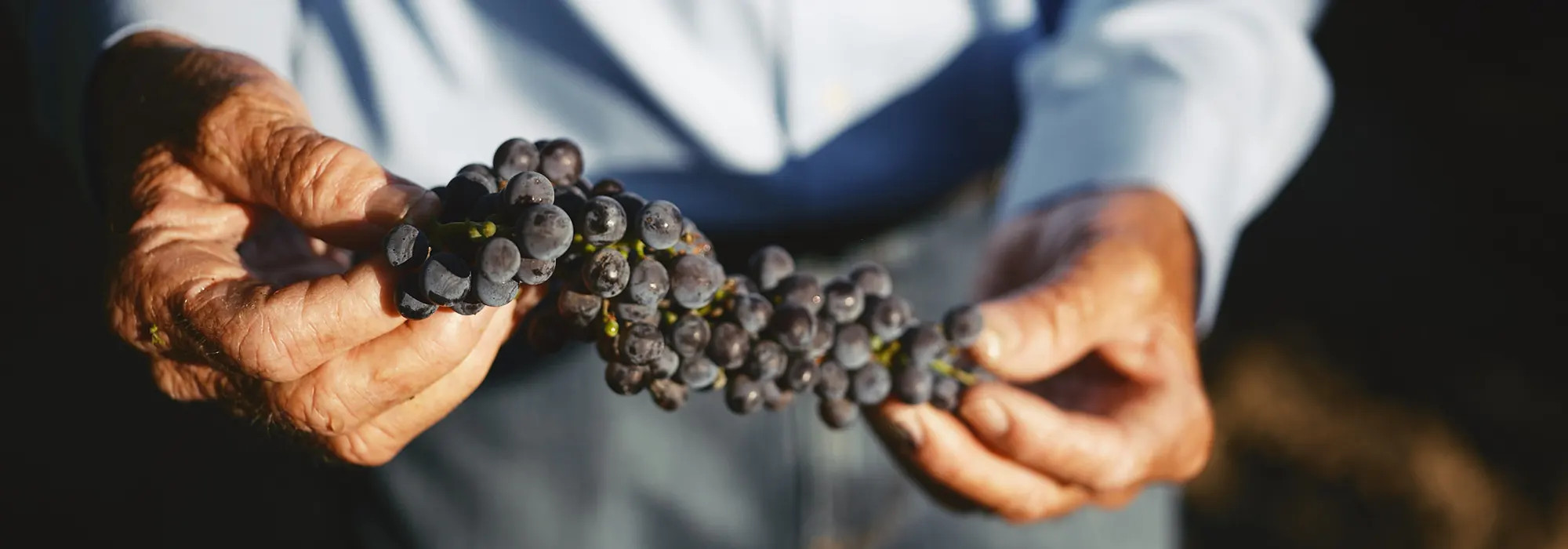Temecula Valley Wineries Are Proving Sustainability Can Be Delicious

Celebrating Earth Day and the Region’s Commitment to a Greener Future
Each year on April 22, Earth Day reminds us of our shared responsibility to protect and preserve this planet we call home. But it’s not just a day—it’s a movement, and this year’s theme, “Our Power, Our Planet,” serves as a bold rallying cry. It calls on individuals, communities, and entire industries to harness their collective power to drive meaningful environmental change. In the world of wine, that message rings especially true. The choices made in the vineyard and cellar can directly impact the health of the land, the longevity of ecosystems, and the sustainability of future vintages.
Here in Southern California, Temecula Valley is gaining well-deserved recognition not only for its dynamic hospitality scene and world-class wines, but also for its growing commitment to environmental stewardship. Wineries across the region are embracing everything from regenerative agriculture to solar power, cover cropping, composting, water conservation, and beyond. Their efforts aren’t just good for the Earth—they’re leading to better wine and deeper connections between land, community, and consumer. Here’s a look at how five standout wineries are putting sustainability at the forefront of their farming and winemaking practices.
Doffo Winery: Grounded in Nature
At Doffo Winery, sustainability is a hands-on commitment, rooted in practices that benefit both the vineyard and the final product. “We maintain a no-till policy to preserve soil structure and health,” says Damian Doffo. “We also implement a cover crop program with legumes, barley, and flowers to improve water retention and soil nutrition while naturally suppressing weeds.” Composting and mulching further boost vineyard vitality, and a triple-sorting process ensures that only the highest-quality grapes make it into the bottle.
As for this year’s Earth Day theme, Damian says it’s about recognizing collective strength: “The theme ‘Our Power, Our Planet’ highlights the power of individuals, communities, and industries—like winemaking—to make sustainable choices that benefit the planet for future generations.” He points to strategies like regenerative agriculture, sustainable water management, eco-friendly packaging, and community education as essential ways the region can embody this ethos.
Carter Estate Winery and South Coast Winery: Smart Farming in Action
Assistant Winemaker Emily Bloom explains that their dual estates prioritize soil management, water conservation, and low-impact pest control. “Our mountain vineyards rely on rainwater collected and stored in our reservoir,” she says. “We also use drip irrigation and closely monitor our water use.” By maintaining balanced soil nutrients and minimizing synthetic treatments, the team is nurturing a vineyard ecosystem that thrives in harmony with its surroundings. “The surrounding ecosystem plays a crucial role in the health of our vineyards,” Emily notes. “A thriving natural habitat indicates a healthy vineyard.”
Earth Day’s 2025 message resonates deeply with the team. “As vintners, we have the power to make a meaningful impact,” she says. “Empowering our tasting room team to talk about our sustainable practices ensures guests understand the importance of responsible farming. By continually refining our techniques, we can reduce our environmental footprint while producing exceptional wines.”
Robert Renzoni Vineyards: Certified Sustainability, From Soil to Bottle
Certified sustainable by the California Sustainable Winegrowing Alliance in 2023, Robert Renzoni Vineyards blends passion with purpose. “It’s about creating a partnership that benefits both the environment and the community,” says winemaker Olivia Bue. Their practices include composting, cover cropping, avoiding synthetic chemicals, managing pH and vine balance, and working closely with growers who share their values.
The winery also uses 100% solar energy and collects rainwater for irrigation. “Nothing is more valuable than beginning with the purest fruit possible, grown by dedicated farmers,” Olivia adds. “By focusing on soil health and biodiversity, we can produce better wine that reflects the unique terroir of each of our vineyards.” Their mission is as clear as it is powerful: produce high-quality, honest wines while protecting the land for future generations.
Wilson Creek Winery: Regenerative Agriculture Done Right
Wilson Creek Winery has become a regional leader in regenerative farming, with Vineyard Manager Greg Pennyroyal at the helm of their science-forward, sustainability-first philosophy. The team uses cover crops to build soil health, manage erosion, and support beneficial insects, while reduced tillage, natural pest control, and compost applications help maintain a thriving vineyard ecosystem. “Regenerative agriculture is not just a farming technique; it’s a philosophy,” says Pennyroyal. “It’s about healing the land while producing exceptional wine.”
That philosophy comes to life in their groundbreaking Block 9 Cabernet Sauvignon, the first release from their regenerative vineyard block. Developed in collaboration with the University of California Riverside, this wine represents the culmination of six years of transition from conventional to regenerative agriculture. By using biological inoculants, sheep grazing, organically chelated fertility, and minimal soil disturbance, Block 9 has yielded fruit of exceptional density and balance. The 2021 vintage shows off complex aromatics of red and blue fruits layered with baking spice and cedar. The finish is long and smooth, with notes of French and American oak harmonizing with an earthy signature that speaks to the vineyard’s biological vitality. As we celebrate Earth Day and reflect on the impact of our choices, it’s inspiring to see Temecula Valley wineries leading with purpose. From soil to cellar, their commitment to sustainability is shaping a future where winegrowing and environmental stewardship go hand in hand. So the next time you raise a glass from this region, know that you’re tasting not just great wine—but the power of thoughtful, responsible farming in every sip.


